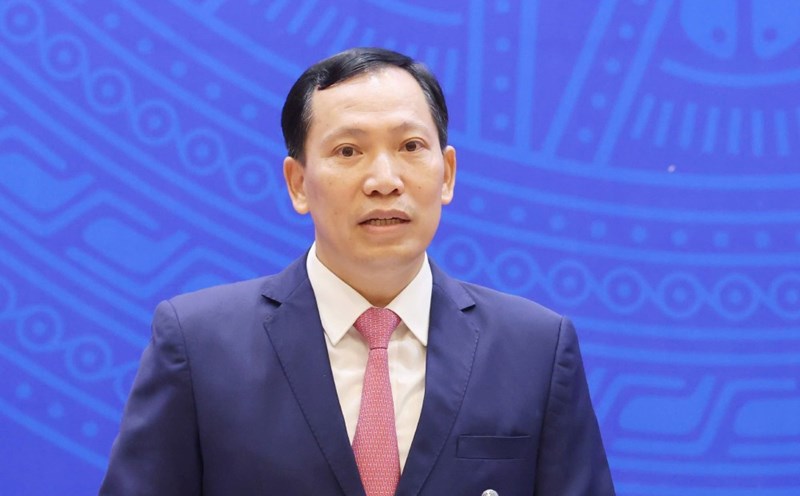On the afternoon of June 24, the Department of Climate Change (Ministry of Natural Resources and Environment) coordinated with the Southeast Asia Energy Transition Partnership (ETP, UNOPS) to hold a consultation meeting on the Draft National Action Plan on cooling in Vietnam (NCAP).
The event was attended by representatives of ministries and branches such as Industry and Trade, Construction, Education and Training, as well as international organizations (UN ESCAP, UNEP), associations, research institutes and enterprises.
Speaking at the meeting, Mr. Tang The Cuong - Director of the Department of Climate Change - said: The demand for cooling in Vietnam is increasing due to urbanization and climate change. Electricity consumption for cooling equipment currently accounts for about 25.2% of total national electricity output (71.4 TWh) and can triplicate by 2050. The increased use of refrigerants also increases greenhouse gas emissions, posing an urgent need for emission control and ozone layer protection.
Vietnam has participated in many international commitments such as fluorocarbon Lifecycle Management Initiative, Alliance to Enhance Refrigeration Efficiency (2020), Global Refrigeration Commitment (2023)... At the same time, issue a Plan to eliminate ozone-degradable substances, greenhouse effect substances (QD 496/QD-TTg dated June 11, 2024), orienting sustainable cooling solutions in both urban and rural areas.
Mr. John Robert Cotton - Deputy Director of the ETP Program - emphasized that the cooling industry plays an essential role in reducing global emissions. He called on the Vietnamese Government to build a long-term vision and said that ETP is ready to accompany through technical assistance, connecting experts and designing solutions suitable to national conditions.
The NCAP draft was jointly developed by Energy and Environment Consulting Joint Stock Company (VNEEC), based on a global approach, combining proactive and passive cooling solutions. The goal is to save electricity, reduce emissions and improve energy efficiency in the cooling sector.
Ms. Dang Thi Hong Hanh - VNEEC Executive Director - said: Without control measures, by 2030, the cooling sector could account for nearly 10% of Vietnam's total greenhouse gas emissions. According to the draft NCAP, proactive cooling solutions can help save 9.91 TWh of electricity (equivalent to 9.91 million MWh) by 2030 and 69.37 TWh by 2050. Of which, civil and commercial air conditioners contribute more than 66% and 55% respectively.
NCAP includes 7 sub-sectors such as civil air conditioning, central air conditioning, civil air conditioning, industry and transportation. The draft also mentions new policies, forecasts of demand, barriers and roadmaps for sustainable cooling.
The meeting is an important step to complete the National Action Plan on cooling, contributing to achieving the goal of net zero emissions by 2050 and building an environmentally friendly cooling industry, effectively adapting to climate change.











